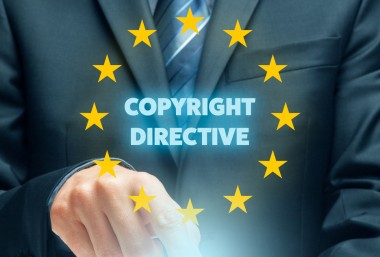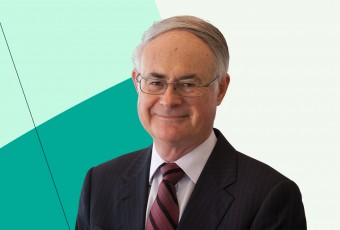In June 2019, the European Union Directive on Copyright in the Digital Single Market (the Directive) came into force. Countries within the European Union will now have two years to transpose the Directive into national law.
The Directive is aimed at harmonising copyright law within the European Union, providing a high level of protection for rights holders and reducing the value gap between the profits made by internet platforms and content creators.
However, Articles 15 and 17 of the Directive (Draft Articles 11 and 13) have attracted criticism from some non-governmental organisations, technology companies and prominent individuals who fear that the Directive may unduly limit online content-sharing.
Article 15 – ‘Link Tax’
Article 15 is aimed at remedying declining revenue in the press sector and generating income for press publishers within the European Union.
This Article gives publishers of press publications the right to charge internet service providers and news aggregators licensing fees for displaying their press content. These rights endure for around two years from the date of publication and do not cover the use of individual words, ‘very short extracts' or hyperlinks.
However, most hyperlinks contain a snippet of content, often consisting of an image and a summary of the linked webpage. If these snippets are classified as ‘very short extracts' under the Directive, internet service providers and news aggregators will be required to pay licensing fees for linking to press content.
What’s the controversy?
There are concerns that Article 15 may limit the sharing of news and information online. It is also unclear whether these provisions will be successful in redistributing revenue in the press sector.
Article 17 – ‘Upload Filter’
As the law currently stands, a content-sharing platform isn’t liable for hosting copyright-infringing content uploaded by its users. Article 17 will change the status quo by making platforms liable for user-uploaded copyrighted content unless the platform:
- made ‘best efforts' to get permission from the copyright holder;
- made ‘best efforts' to ensure that copyrighted material was not made available; or
- acted quickly to remove any infringing material of which it was made aware.
Although these provisions do not seem particularly onerous, the requirement to make ‘best efforts’ may necessitate the use of upload filters.
What’s the controversy?
Upload filters are automated computer programmes that monitor user uploads to identify and prevent the sharing of inappropriate, criminal or copyrighted content. If an upload filter detects copyrighted material, the copyrighted content may be blocked, and the revenue generated from the upload may be diverted to the copyrighted holder.
The concern is that upload filters are generally not sophisticated enough to determine when the use of copyrighted work falls within one of the established copyright exceptions (such as research, criticism, review or the reporting of current events).
Consequently, upload filters often block legitimate and lawful content, and upload filters may be abused to censor negative comments or reviews. Critics of Article 17 fear that these measures may amount to censorship and could unjustifiably limit freedom of expression in the online environment.
Public response
As mentioned above, the Directive has been controversial and has encountered substantial opposition. Non-governmental organisations such as Human Rights Watch, Reporters Without Borders, Electronic Frontier Foundation, Creative Commons, European Digital Rights, The Wikimedia Foundation and the Max Planck Society have voiced concerns, and an online petition against the Directive has garnered more than 5 million signatures.
However, several organisations, businesses and individuals within the film, music, press and broadcasting industries have voiced strong support for the Directive. These entities argue that the Directive will provide more effective copyright protection for their work and will help to ensure that a larger portion of revenue flows back to the creative sector.
Going forward
We will be keeping an eye on how countries within the European Union transpose the Directive into national law.
It will be interesting to see whether the Directive significantly affects the way content is shared online, and whether it is successful in achieving its stated aims.
If you have any specific questions about the Directive, or about copyright protection generally, please get in touch with one of our experts.





